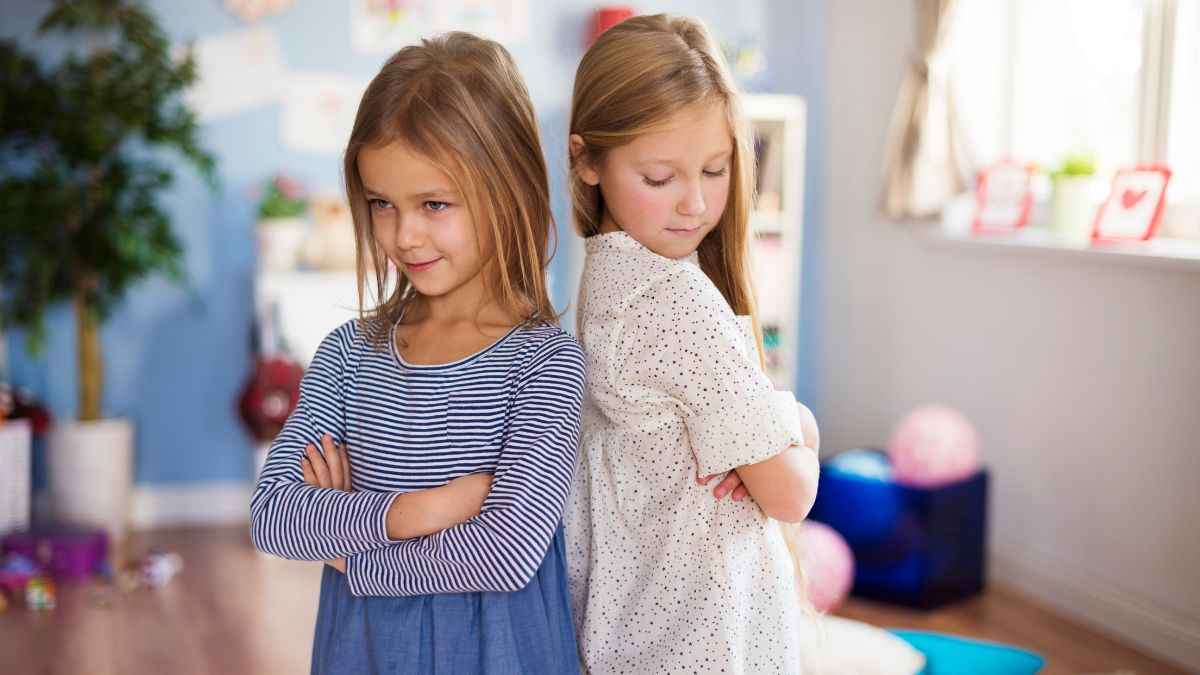Low self-esteem in childhood leads to low self-esteem in adulthood.
In a matter of fact, low self-esteem is one of the biggest problems people face in life and it is the problem that most people need therapy.
The reasons for their low self-esteem are oftentimes various.
However, there are some themes that people with low self-esteem share.
These are problems that are usually affiliated with them throughout their lives, and followed them into adulthood.
Understanding the causes of low self-esteem can help these clients work out their own emotions.
Or else, they will continue to lose opportunities to be successful or develop themselves.
If you are suffering from low self-esteem, it is inspiring that you seek some kind of relevant help and support to get through this dilemma.
Therapy helps you to be the best version of yourself, and discover your hidden qualities.
It will also help out future generations to grow up with high self-esteem.
So the question is what are the causes of low self-esteem?
Academic struggles in childhood without parental support lead to low self-esteem in children. Children who have difficulty in school or in a particular subject tend to have lower self-esteem.
Especially if children don’t get the help and support they need at school and at home. So they suffer from a sense of deprivation and stop interacting with others.
It is very important to deal with these problems in a timely manner. Contact your child’s teacher and guidance counselor to discuss the child’s problems.
They begin to feel “stupid” and imperceptible.
These kids don’t know if others are struggling too, but they often feel like they’re the only ones who don’t understand.
When they fail at something, they feel like they can’t succeed, and that they’re not smart enough in school.
The issue often is solved with a little help.
All it takes is a mature personality to realize they are struggling and disregard them.
While parents and teachers are overworked and exhausted themselves, perhaps if they understand the long-term implications of this issue, they can find a way to help.
It doesn’t take very much time to help children to change their situations, talk to your kids about oppressors, and don’t take others’ opinions in this discussion.
Persecuting is also one of the many causes of decreasing self-esteem in children. The children and the teenagers who are bullied made fun of or belittled develop a negative self-image that can stay the course into their adult lives too.
If parents, other trusted relatives, or a group of firm fellows do not step in to undo all harm that oppression caused, then an individual has the courage to endure all the trauma.
This pain can be a reason for negative self-image throughout their lives.
A child that was told they are fat, short, tall, or stupid, even if only for once can hold on to that belief that lasts forever.
They believe what the bullies are saying and personalize it. Some even start believing that they deserve it.
There are many people who grow up with low self-esteem and negative self-image simply because not a single person would have helped them or stood up for them.
No one tells them that what they have been told was not true, it could have made a difference.
Small acts of kindness or courage from someone can change the self-image of a person and can make it positive for the rest of their lives.
At least they would know that there was someone who cared enough to tell them differently.
Praise your children daily, and make sure they see you praising others throughout the day.
Another cause of low self-esteem in children is childhood trauma. Verbal, emotional, and physical forms of abuse cause trauma.
These children need support to overcome trauma at this critical point in their lives.
Otherwise, trauma can have a permanent effect on the way a person sees and feels about themselves.
Trauma can make the individual feel like they have done something wrong, and they may feel like they were not good enough, or as if they deserved the pain and abuse.
Many times people believe that it was their own fault for being physically or emotionally violated.
Even if they know it wasn’t their fault, they know no one protected them and had their back.
These situations make them feel like they weren’t deserving of that defense, or that there was a reason they were traumatized.
If they don’t get support dealing with these situations, they won’t learn that what happened was inappropriate and unjustified.
Social media also affects teenagers’ mental health and decreases self-esteem and leads to depression and anxiety. Despite progress, we present unrealistic images of what they should look like, and teenagers compare themselves to them.
From airbrushed pictures to models with unachievable physiques, these unrealistic things left our youth believing that this is what they should be required to look like.
Social media introduces them to poor role models who are popular for advertising negative behaviors.
These people are appreciated for achievements that are not praiseworthy.
Nevertheless, when a person cannot attain even a fragment of what they see despite their hard work, they feel a failure.
They do not notice that what they are comparing themselves to is unreal.
It is not simply achievable.
They are left thinking that they have failed because nobody has ever explained that what they are looking for is fictitious.
Teach them that it’s okay to go after their dreams, but show them how to create an achievable goal.
Adults can dictate what their children have achieved.
These same adults should help them set realistic goals that will help them to make a positive self-image.
Encourage children and give them the appliance they need to succeed.
We can all take part to improve the self-esteem of the children around us.
Let’s make sure that the next generation will get the right groundwork to grow on!

